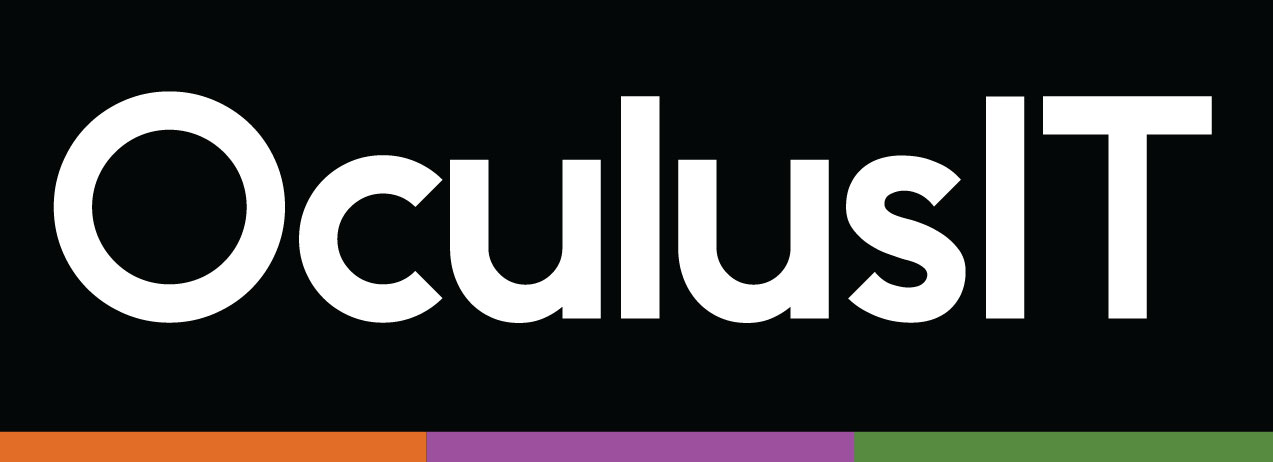
Securing Academia: The Role and Benefits of the CISO in Higher Education
September 30th, 2024
The Chief Information Security Officer (CISO) is a high-level executive responsible for overseeing and managing the information security strategy of higher education institutions. Their main job is to keep digital information safe from cyber threats.
A higher education institution’s Chief Information Security Officer (CISO) plays a crucial role in creating cybersecurity strategies, ensuring compliance with regulations, and fostering collaboration among various teams to enhance overall communication and security practices. As October is Cybersecurity Awareness Month, it serves as a timely reminder of the CISO’s importance in protecting sensitive data and maintaining institutional integrity within the academic community.
This blog will discuss the CISO’s vital role in addressing these challenges and the benefits they bring to higher education institutions.
Role and Benefits of a CISO
A Chief Information Security Officer (CISO) provides crucial benefits in higher education, especially as cyber threats become more advanced. Some roles and benefits of CISO are:
Enhancing Security Posture
A CISO provides specialized expertise in cybersecurity, ensuring that the institution’s systems, data, and networks are protected from various threats. This includes safeguarding against cyber-attacks, data breaches, and other security incidents.
Strategic Oversight
The CISO develops and implements a comprehensive cybersecurity strategy aligned with the institution’s goals and regulatory requirements. This strategic approach helps manage risks and effectively protect sensitive information.
Compliance and Risk Management
Higher education institutions often deal with sensitive data such as student records and research data. A CISO ensures compliance with relevant regulations and standards (e.g., GLBA, GDPR), and manages risks associated with non-compliance. Does the security audit.
Incident Response and Recovery
In the event of a security incident, the CISO leads the response efforts and coordinates with internal and external stakeholders. They also manage the recovery process to minimize damage and downtime.
Education and Awareness
The CISO can spearhead cybersecurity training and awareness programs for faculty, staff, and students. Educating the campus community about cybersecurity best practices helps in preventing incidents caused by human error.
Risk Assessment and Mitigation
Regular risk assessments conducted by the CISO help identify vulnerabilities and potential threats. The CISO can then recommend and implement measures to mitigate these risks.
Hence, a Chief Information Security Officer (CISO) effectively manages the cybersecurity budget, ensures vendor compliance, and enhances institutional reputation. They also leverage threat intelligence and align security measures with academic and research goals.
Strategic CISO Services by OculusIT
OculusIT’s tailored solutions align seamlessly with higher education institutions’ needs in enhancing the overall cybersecurity strategy with the following offerings:
Customized Security Frameworks
Our CISO services can leverage frameworks to create a robust security posture tailored to the institution’s specific academic environment. This approach ensures that all digital assets are protected against evolving threats.
Proactive Threat Management
We integrate proactive threat detection into our services, enabling real-time monitoring and quick response to potential incidents. This collaboration ensures that institutions are always prepared to thwart cyber threats before they escalate.
Holistic Risk Assessment
CISO services by Oculusit enable targeted remediation strategies that address vulnerabilities. This proactive approach strengthens overall security resilience and ensures compliance with regulations, protecting the institution’s reputation and integrity.
Expert Communication and Coordination
By facilitating collaboration with senior management and departments, a CISO fosters a culture of awareness and collective action, ensuring that protecting digital assets remains a shared priority.
By aligning our CISO services with OculusIT’s solutions, we create a cohesive and effective approach to cybersecurity that addresses the unique challenges faced by higher education institutions.
Conclusion
The benefits of having a dedicated Chief Information Security Officer (CISO) extend far beyond immediate threat mitigation. They lead incident response and recovery efforts, ensuring that any security breaches are handled efficiently to minimize damage. By fostering a culture of cybersecurity awareness through targeted training programs for faculty, staff, and students, CISOs play a vital role in preventing incidents stemming from human error. This proactive approach not only enhances overall security but also builds trust within the academic community, creating a safer learning environment for everyone.
Ready to strengthen your institution’s cybersecurity? Contact OculusIT today to explore how our CISO services can help you tackle the challenges of cybersecurity and build a secure academic environment. Reach out for a consultation and take the first step towards a more secure future.
Recent Articles

Transforming Higher Education Through Managed Infrastructure Services
September 23rd, 2024




Streamlining Enrollment with OculusIT’s Banner® Managed Services
August 12th, 2024




















